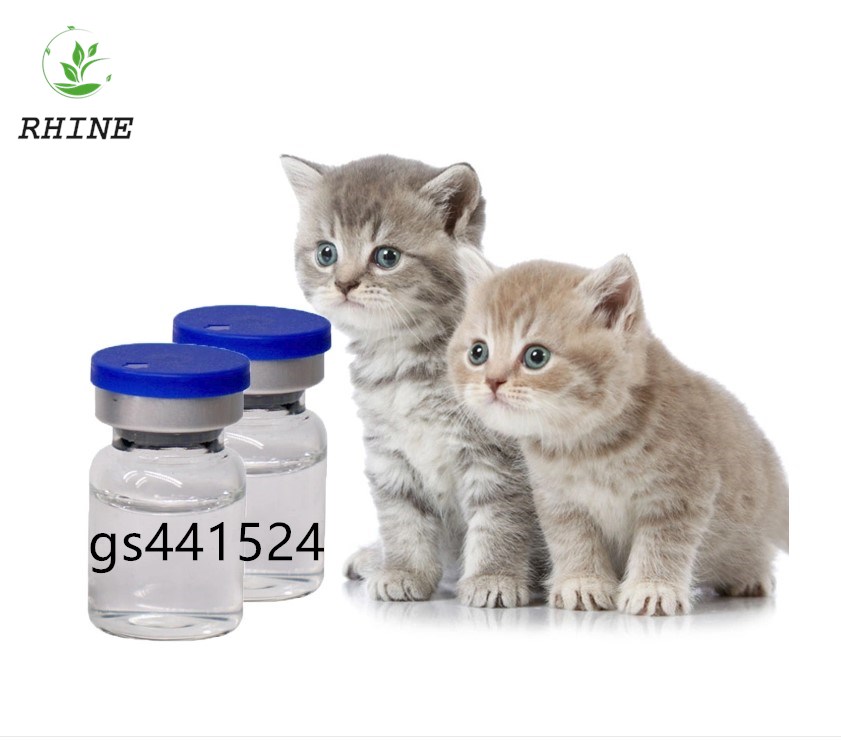New study finds causal association between fatty liver and type 2 diabetes
October 19, 2016 Source: Bio Valley
Window._bd_share_config={ "common":{ "bdSnsKey":{ },"bdText":"","bdMini":"2","bdMiniList":false,"bdPic":"","bdStyle":" 0","bdSize":"16"},"share":{ }};with(document)0[(getElementsByTagName('head')[0]||body).appendChild(createElement('script')) .src='http://bdimg.share.baidu.com/static/api/js/share.js?v=89860593.js?cdnversion='+~(-new Date()/36e5)];Insulin resistance in the liver is a major factor in the development of type 2 diabetes, and hepatic insulin resistance is always associated with excess liver fat accumulation, which is nonalcoholic fatty liver. However, whether there is a causal relationship between nonalcoholic fatty liver and type 2 diabetes has not been known. In recent studies, Gerald Shulman, a professor at Yale University School of Medicine and a researcher at the Howard Hughes Medical Institute, found some factors in non-alcoholic fatty liver disease that can cause deviations in the normal function of liver insulin.
This new study recently found a final link between nonalcoholic fatty liver and changes in insulin and blood glucose that promote the development of type 2 diabetes.
In this new study, Shulman and his colleagues found that phosphorylation of an amino acid at the insulin receptor causes insulin resistance in the liver of nonalcoholic fatty liver animal models. "We have demonstrated the role of this amino acid in causing hepatic insulin resistance associated with nonalcoholic fatty liver by mutating a threonine at the insulin receptor to alanine to prevent its phosphorylation, and also found out how In the presence of fatty liver, prevent the appearance of insulin resistance in the liver," Shulman said.
This latest discovery has brought scientists one step closer to developing new approaches to the treatment of type 2 diabetes, which can fundamentally address the causes of insulin resistance, and many anti-diabetic drugs are currently only aimed at reducing blood glucose levels. The problem of insulin resistance.
The relevant research results were published in the international academic journal JCI.
Veterinary Drugs: refers to substances (including medicated feed additives) used to prevent, treat, diagnose animal diseases or purposefully regulate animal physiological functions.
Veterinary drugs mainly include: serum products, microecological products, Chinese herbal medicines, proprietary Chinese medicines, chemicals, antibiotics, and topical pesticides, disinfectants, etc.

Veterinary Drugs,Veterinary Medicine,Veterinary Injectable Drugs,Veterinary Pharmaceutical Drugs
XI AN RHINE BIOLOGICAL TECHNOLOGY CO.,LTD , https://www.xianrhinebiotech.com